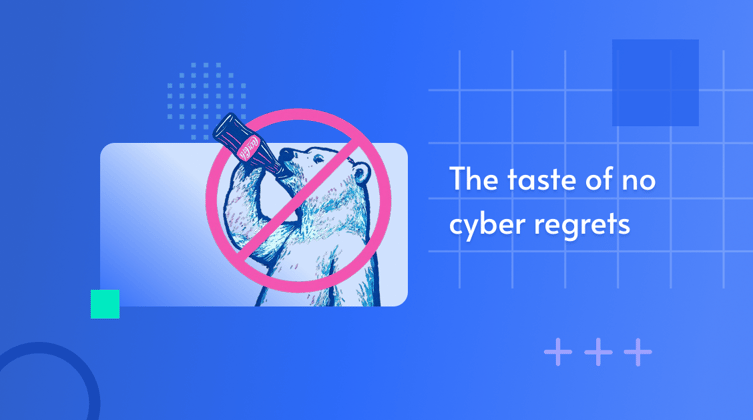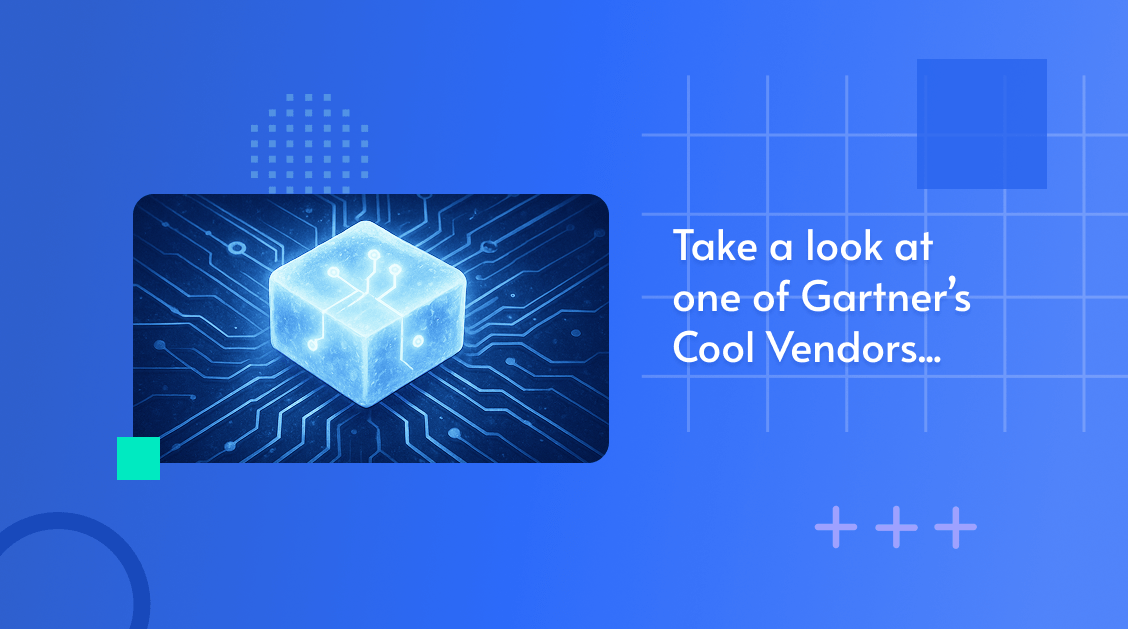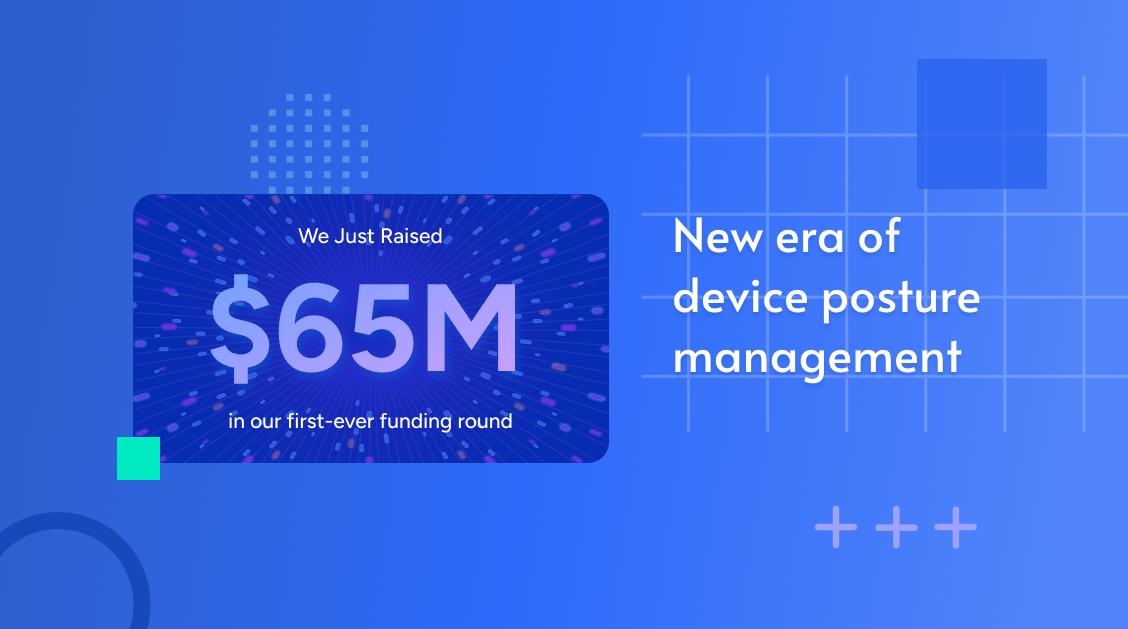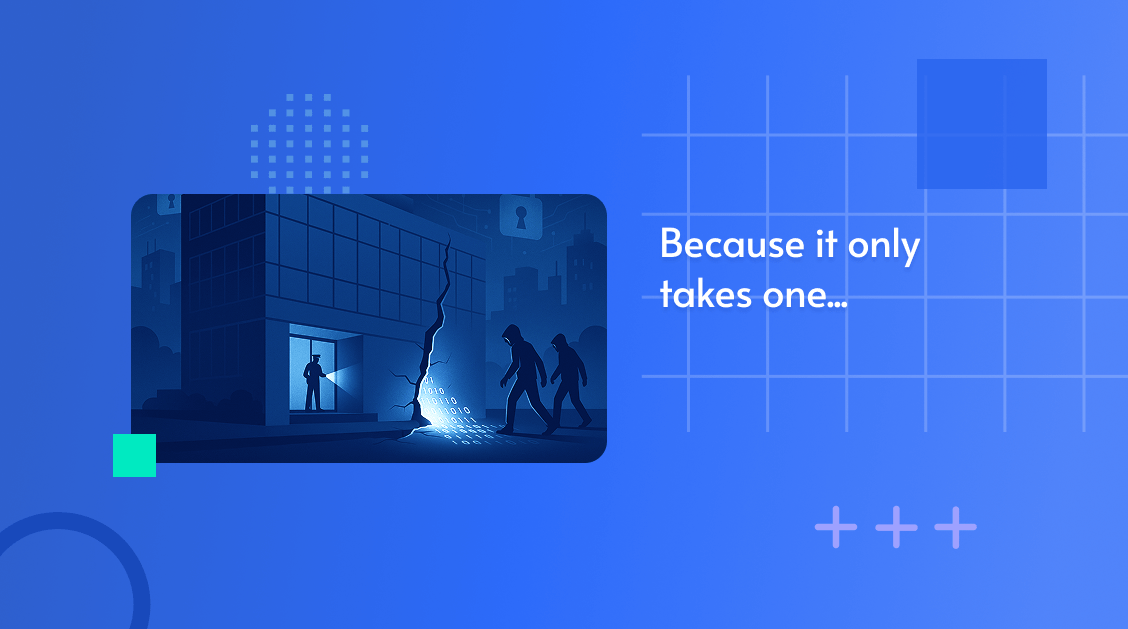Security teams are constantly walking a tightrope — enabling growth while minimi...
No More Mr. Nice Corp: Coca-Cola's Refusal to Pay Ransomware Bullies

Five days to decide. That’s all the Everest ransomware gang gave Coca-Cola. A countdown, a threat, and a promise: Pay up, or we expose everything. Visa scans. Passport copies. Salary details. The sensitive records of 959 employees — mostly from Coca-Cola’s Middle East division — stolen and held for ransom.Corporate behemoths like Coca-Cola are lucrative targets for financial extortion, and the impact a breach can have makes the pressure to pay almost unbearable. Yet, Coca-Cola did something unexpected. They refused.
The clock hit zero. No deal was made. And Everest followed through, dumping nearly a thousand employees’ personal data on the internet — a brutal reminder of high stakes involved in cybersecurity.
But this wasn’t just another ransomware story. It was a turning point. Coca-Cola took the hit — reputational, regulatory, and personal. And in doing so, they sent a message louder than any press release: enough is enough.
A Heroic Stand at a High Cost
By refusing to play the ransomware game, Coca-Coal is making a stand and setting a precedent. If others follow suit, it could fundamentally undermine the financial motivation that drives these sorts of attacks.
Every time a company pays a ransom, they're not just (hopefully) solving their own immediate problem, but they're funding the next attack. They're proving that cybercrime pays, literally. Coca-Cola's decision to take the hit instead of contributing to this vicious cycle demonstrates corporate responsibility that benefits everyone, even as it costs them dearly.
And Coca-Cola, being as large and high-profile as it is, may just give other organizations the public and professional cover they need to do the right thing too. In the long run, this may go down as the moment that turned the tide in the global battle against ransomware.
Every organization that follows Coca-Cola's lead makes cybercrime a little less profitable and a little less attractive to would-be attackers.
Critics will say Coca-Cola made the wrong call — that they should have prioritized damage control over long-term consequences. But that is only looking at part of the picture.
Let's not forget that, on average, only 8% of ransom payers ever get back all of their data. Let's also not forget that 78% of those that pay are retargeted by attackers later on. After all, if you knew where to go to get free money, would you only go once?
Bad actors aren't bound by contracts or business ethics. They might take the money and leak the data anyway. They might ask for something other than money. Or they might come back to the same watering hole.
Of course that possibility doesn’t erase the human impact here and now. Let's be clear about what this means for those caught in the crossfire. Visa scans, passport details, salary information, and more can be found among the sensitive and personally identifiable information that's been leaked. For the 959 employees affected, Coca-Cola's principled position is unlikely to soften the blow.
The employees whose data was exposed deserve better than to become collateral damage in the war against cybercrime. But their sacrifice, involuntary though it was, contributes to a precedent that could protect millions of others from suffering the same fate.

Shifting the Focus to Prevention
In the view of this writer, Coca-Cola is absolutely making the right decision. And they should be lauded for it. At the same time, we acknowledge that it's come at a steep price that will likely be made more painful over time. A fact that only serves to sharpen the point that the only way to altogether avoid such pain is to prevent attacks in the first place. No amount of principled decisions, crisis management, or payment can make the negative impact of a breach go away.
Organizations need to invest in proactive and comprehensive cybersecurity infrastructure — from the first mile of architecture and design to the last mile of configuration and operation. Commonplace points of exposure may be routinely overlooked by operators, but hackers are not so kind. Misconfigurations, for example, lay the groundwork for 80% of ransomware attacks. If more attention were paid to closing such easy-to-exploit openings, we would find ourselves in fewer can't win scenarios.
Coca-Cola made a painful but powerful choice. Their employees deserve support, compensation, and protection. But their stand against ransomware may have paved the way for a more resilient future — one where paying criminals is no longer the norm.
In the war against cybercrime, the most heroic move isn’t always dramatic. Sometimes, it’s simply refusing to play the game.
About Author

Linda Ivri
Fueled by curiosity, Linda is a senior marketer who thrives on decoding the complex challenges where cybersecurity meets business operations.
Subscribe to
our Newsletter
We are ready to help you until and unless you find the right ladder to success.
Related Posts
Join over 25,000 in beating the failure of strategies by following our blog.
We've created a short 6-question quiz overviewing the current state of affairs w...
1 minute read
As Thanksgiving approaches, it’s a fitting time to pause and reflect on our seld...
7 minute read
Within months of its first public appearance, Black Basta left a significant mar...








Comments